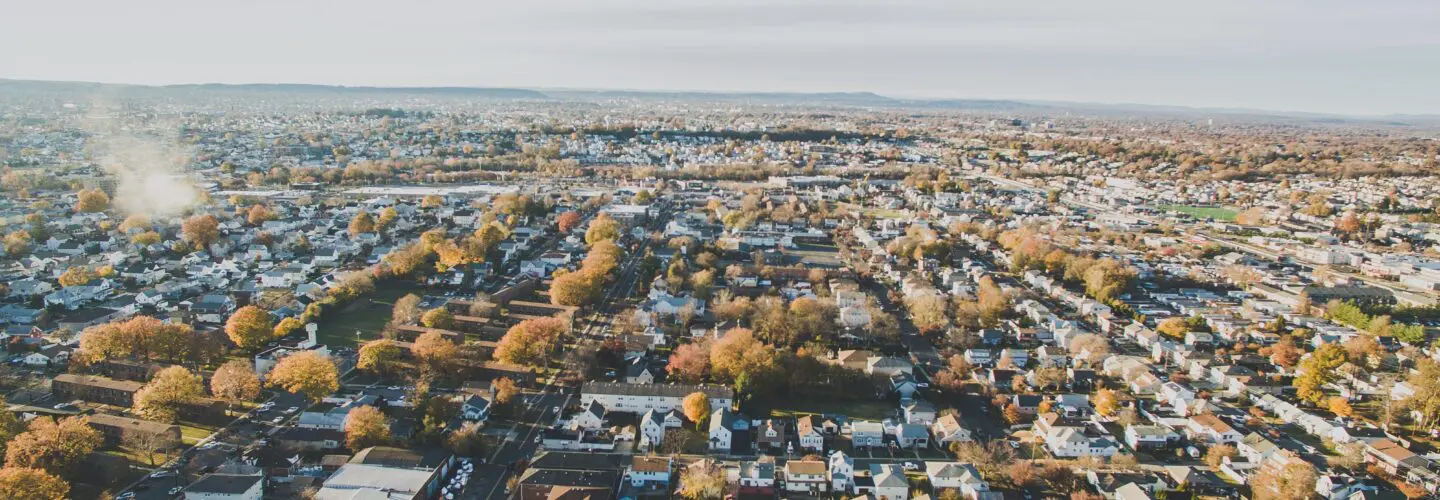Op-Ed: A healthier, more affordable New Jersey starts inside our homes
Looking around over the past year, it’s clear that costs are up. Whether it’s the price of eggs, escalating rent or childcare costs, New Jersey families are feeling the pinch. The methane gas we use to heat our homes is not immune. In the past two years, gas rates have skyrocketed by 51% in New Jersey. While there are some things we can’t control as consumers, new research shows that we can save thousands each year while improving public health for our most vulnerable communities — and it starts inside our homes.
New Jerseyans living in an average home could save as much as 41% on their annual energy bills by replacing gas stoves, furnaces and other household appliances with energy-efficient electric alternatives such as heat pumps and induction stoves, a new report from Acadia Center found. When paired with weatherization, such as better insulation, New Jersey households could cut their bills nearly in half. New Jerseyans who live in draftier housing stand to benefit the most. For the typical drafty house where upgrades are paired with weatherization, households could save anywhere from 47% to 69% each year, freeing up thousands of dollars for groceries, prescriptions, after-school care and other daily expenses.
Adopting highly efficient electric appliances isn’t just good for your wallet, it’s better for your health. A growing — and alarming — body of research shows that the gas appliances we use for heating and cooking can release harmful pollutants like nitrogen dioxide inside our homes. Children with developing lungs are particularly vulnerable to indoor air pollution from gas appliances. One study found that kids who live in homes with gas stoves have a 42% higher risk of developing asthma symptoms, while another attributed gas stoves to 12.7% of childhood asthma cases across the U.S. Gas stoves have also been found to emit benzene, a cancer-causing chemical, at rates higher than having a smoker in the home. Researchers have found benzene leaking from gas stoves even when turned off.
When vented outdoors, gas appliances are a main driver of outdoor air pollution. In New Jersey, buildings powered by fossil fuels contribute more than four times more outdoor nitrogen oxides (a precursor to smog) than electricity generation. While our state sees 250 premature deaths and $2.8 billion in health impacts each year from this pollution source, the impacts of air pollution are not borne equally. Black and brown communities often have higher exposure to this pollution, bearing the brunt of health impacts from fossil fuels. At the end of the day, switching to electric appliances isn’t just a cost-saving strategy — it’s an urgent matter of environmental justice and public health.
Valuable rebates
Thanks to the passage of the Inflation Reduction Act and other measures, New Jersey consumers will be able to save thousands when upgrading their homes to clean energy. Once the Board of Public Utilities creates programs to make this funding available, each low-income household in New Jersey can obtain specific rebates that include $8,000 for a new heat pump system, $4,000 for an electric panel upgrade and $2,500 for electric wiring.
To ensure that hardworking New Jersey families can access millions in federal rebates, the BPU should direct electric utilities to quickly scale up programs that support heat pump adoption. The state should target adoption by 60,000 households each year and ensure that at least 40% are low- and moderate-income households. Utility programs should also support HVAC contractors and distributors as they prepare for faster adoption. In addition, BPU should launch a public education campaign to highlight that millions of dollars in federal rebates and tax incentives will flow to New Jersey as consumers adopt electric appliances.
New Jersey already lags in the adoption of electric heat pumps compared to other Northeastern states. While New York and Massachusetts strive to maximize federal dollars flowing to households, without bold leadership from the BPU, New Jersey runs the risk of leaving millions on the table.
For struggling New Jerseyans, a high utility bill can be devastating, but it doesn’t have to be that way. A cleaner — and less expensive — future is possible with just a few changes inside each home. It’s up to state leaders to deliver that healthier, more affordable future.
To see the full op-ed from NJ Spotlight News, click here.



















